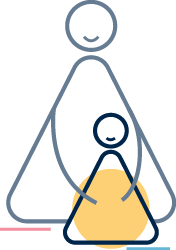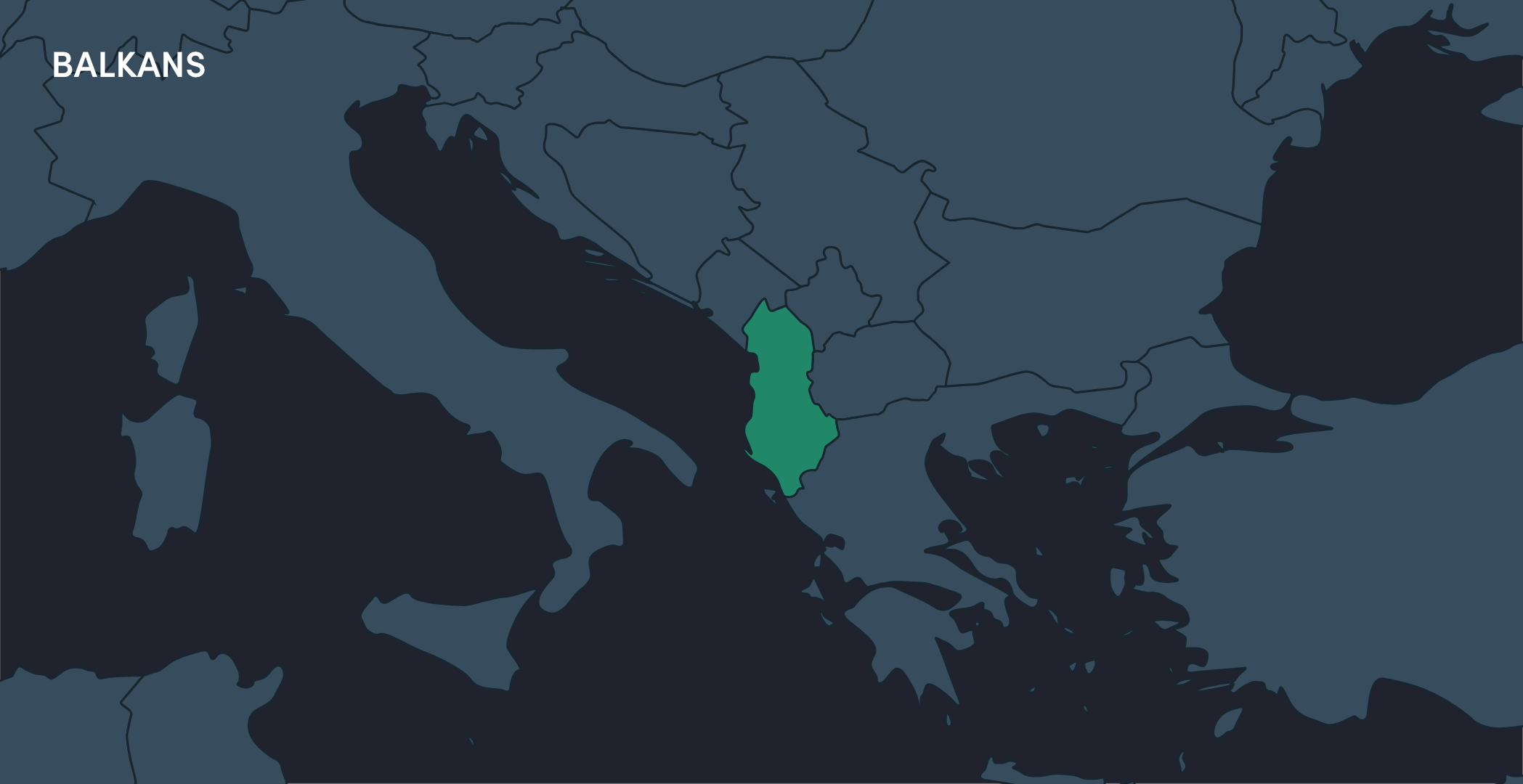In Albania, certain forms of violence against children are commonly accepted by teachers, parents, and children themselves. For example, 74.8% of parents and 68.5% of teachers report that smacking is an acceptable way to teach respect. Additionally, one in three children report having been forcibly pulled or pushed, hit with an object, and shouted at by teachers. Teachers often lack the training and skills needed to replace physical or psychological violence with more positive classroom and behavior management strategies. Given this environment, coupled with the absence of formal reporting systems, these high rates of physical and psychological violence against children are likely to persist.
A combination of school-based violence prevention interventions at three different sites led to a number of encouraging outcomes, including reduced use of physical discipline by teachers and parents, decrease in peer-to-peer violence, and changes in children’s knowledge and attitudes towards violence.

VIOLENCE AT SCHOOL
The combined interventions led to a significant increase in teachers’ awareness and understanding of negative consequences of violence against children. At two sites, the use of hitting as discipline decreased by nearly 20%. Additionally, a reduction in peer-to-peer violence was an unintended positive outcome of the intervention.

VIOLENCE AT HOME
The combined interventions modestly improved attitudes about physical punishment by parents. The number of parents who totally agreed with the statement that “hitting is best for the child” decreased by 20-30% across three sites.

CHILDREN’S KNOWLEDGE AND ATTITUDE
The intervention significantly increased children’s awareness of and response to different forms of violence and their rights to protection.
Reducing violence and changing norms in school settings is time-intensive and requires a long-term commitment and funding. Teachers required additional training on cultural sensitivity toward minority and marginalized populations.
Further development of the parenting component of the program as well as efforts to reduce the barriers to parental participation are needed.
Results of the program on the reduction of psychological violence were mixed and varied across sites. Greater understanding of culturally appropriate strategies to reduce psychological violence is needed.
Further study of the use and extent of violent discipline in kindergartens is needed.
The program, Violence against Children in Schools and Families, was implemented by Save the Children in three districts in Albania: Durrës, Elbasan, and Berat.
The primary goal was to reduce school-based adult-to-child violence by raising awareness on children’s rights and the benefits of growing and learning in a safe and caring environment. This comprehensive holistic intervention included knowledge and skills focused on social and emotional learning, non-discrimination, and conflict resolution. Additional components addressed strategies for safe reporting procedures and community derived school rules as well as teacher capacity building and parent trainings.
Besknik Kadesha, Program Manager, Save the Children Albania
besnik.kadesha@savethechildren.org
To learn more about this project and its findings, please download our evidence brief.





